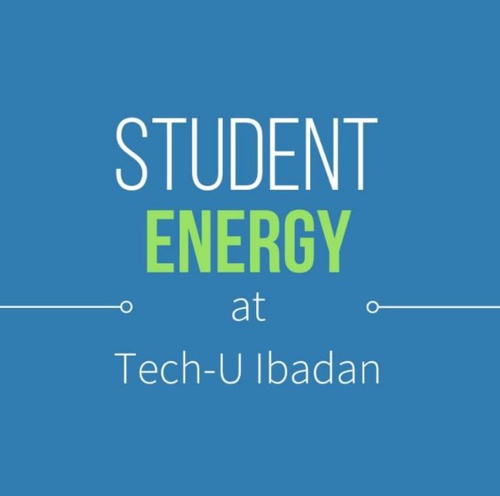"Energy poverty dims the light of potential, but with every spark of sustainable power, we ignite a brighter future for all"
– Moses Alalade
Moses Alalade is an electrical and electronics engineering professional with a passion for social impact work. During his Millennium Fellowship, he served as the Director of Project TANUS (Thematic Agricultural Network Unifying Sustainability), demonstrating his commitment to the United Nations Sustainable Development Goals Moses has a rich background in student leadership and advocacy.
He is the founder and pioneer General Coordinator of the All Engineering Student Association at his university (TECH-NUESA). His advocacy work extends beyond the campus to national and international platforms.
Furthermore, Moses has actively engaged with various national and international organizations, including the National Youth Council, the United Nations, The Commonwealth, Global Peace Foundation, World Youth Forum, YPARD (Young Professionals for Agricultural Development), as well as with YOUNGO (the official youth constituency of the United Nations climate change processes) by participating in YOUNGO Energy Working Group and contributing to the committee’s Capacity Building workstream.
He is an advocate for zero hunger (SDG2), clean energy (SDG7), and peace, justice, and strong institutions (SDG16). In his role as the pioneer National Director of Sustainable Development Goals at the National Association of University Students (NAUS), Moses drives initiatives aimed at advancing the SDGs at the grassroots level among university students nationwide.
Student Energy As the Chapter President for Student Energy, Moses is dedicated to advocating for the training of young people to address existing skills gaps and emerging needs in the sustainable energy space, rural electrification, and the eradication of energy poverty for a developed economy. He leads innovations and initiatives around renewable energy, clean cooking, and the integration of Artificial Intelligence in the energy sector.
Moses is a NEBOSH Certified occupational health and safety professional, a member of the Society of Maintenance and Reliability Professionals (SMRPCO), and holds certifications in project management and career counseling. Additionally, he received entrepreneurial training as a Jim Leech Mastercard Foundation Fellow at the Dunin-Deuschpande Innovation Center, Canada, and participated in the Clean Technology Incubation Hub program (Nigeria Energy Innovation Center), where he acquired essential skills in enterprise development and innovation.
Despite his professional and entrepreneurial interests, Moses’s greatest wish is to serve humanity while advancing Sustainable Development Goals, embodying his dedication to social impact and sustainable energy solutions.

